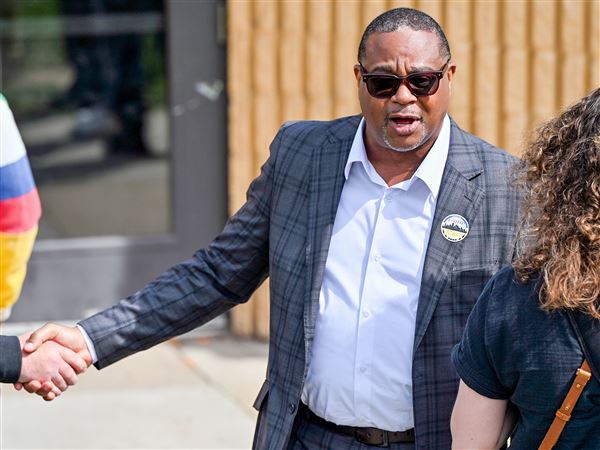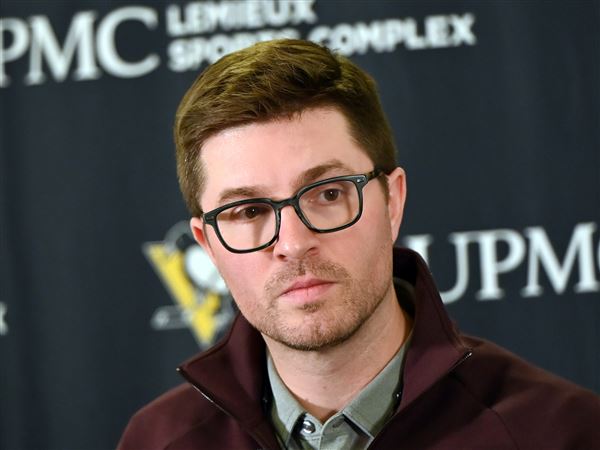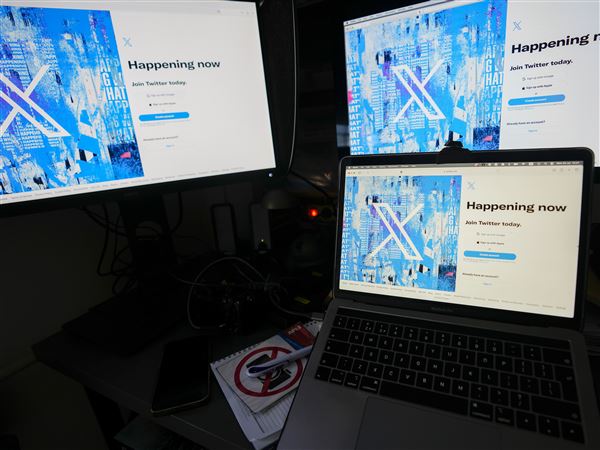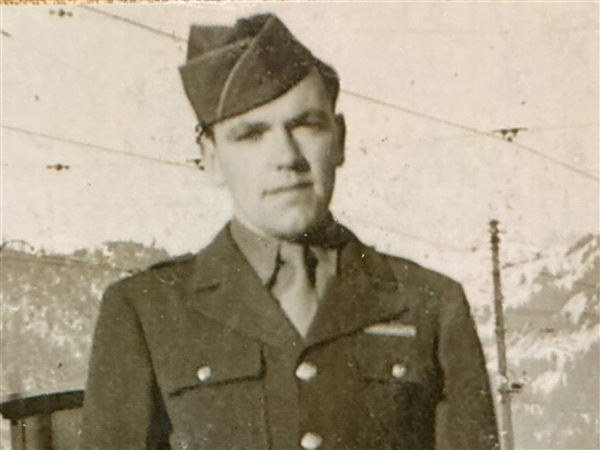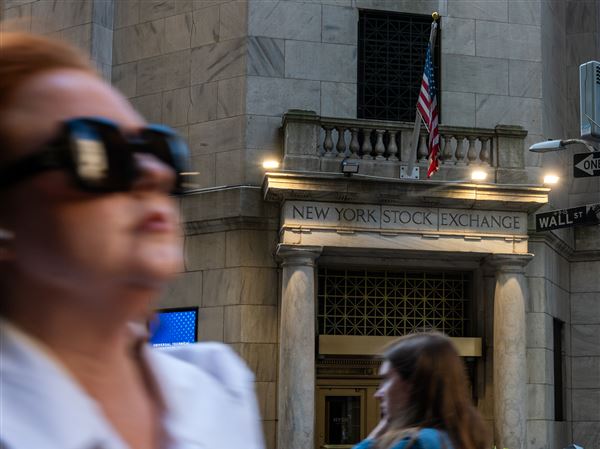Saxophonist Walter Beasley is so serious about his art that he’s dedicated much of his professional life to teaching it.
It was a workshop for high school students as part of N-Motion Entertainment’s Jazz Intervention program, now canceled, that is bringing him to Pittsburgh this weekend for a concert at Rodef Shalom Congregation in Shadyside.
Along with being a recording artist, Mr. Beasley is an instructor at the Berklee School of Music in Boston, of which he’s an alumnus.
The saxophonist grew up in El Centro, Calif., in the middle of farm territory and away from such cultural centers as Los Angeles and San Francisco. Despite that, “We had Latin music, and we were able to get different types of [other] music” such as jazz and R&B — although a little bit later than if he’d lived in one of those cities.
He decided to become a musician for the same reason many artists do: for the ladies. When he was in high school he noticed there was “a musicians’ camp and an athlete camp,” and because he wasn’t an athlete he concentrated on music.
“That’s when I realized that it was cool, women liked it — and I liked women,” he says. “And then you had time to practice it because you had nothing else to do.”
And it’s that “cool” factor that has also kept him in the classroom. About a year after he graduated from Berklee with a degree in music performance, he went back to teach, at first temporarily. He’s still there after 30 years and uses summers to tour and record. He now has more than 20 CDs to his credit.
“Groove in You” from 2013’s “Live at the Club” was in regular rotation last year on smooth-jazz radio, followed now by “Silver Linings” from “Sax Meditations II.”
That last CD is more personal for him because he made it at “a time in my life that I was overwhelmed” due to the deaths of a favorite aunt and uncle, Mr. Beasley said. “I stopped music for six or seven months, and music didn’t really fill the void.” He ended up taking a sabbatical and headed to Florida to hit the beach. “‘Sax Meditations [II]’ saved my life.”
On top of that, “I have my own record company, my own team,” Mr. Beasley says. “I don’t have to play the politics of the record company.”
But with radio far less of a factor today than before, jazz musicians especially need to play live to get their message out.
“People are very picky about their dollars now,” Mr. Beasley says. “You may only have one shot” for people to buy a product.
As a teacher, Mr. Beasley laments the de-emphasis on music education.
“Most kids don’t even know what a saxophone is now,” he says. “That starts at the middle- and high-school level.”
So he’s willing to do his part.
“We’re the last of the dinosaurs — it was cool for us to play these instruments,” Mr. Beasley says. “We have to find a way to make it cool again.”
First Published: June 4, 2014, 4:00 a.m.


